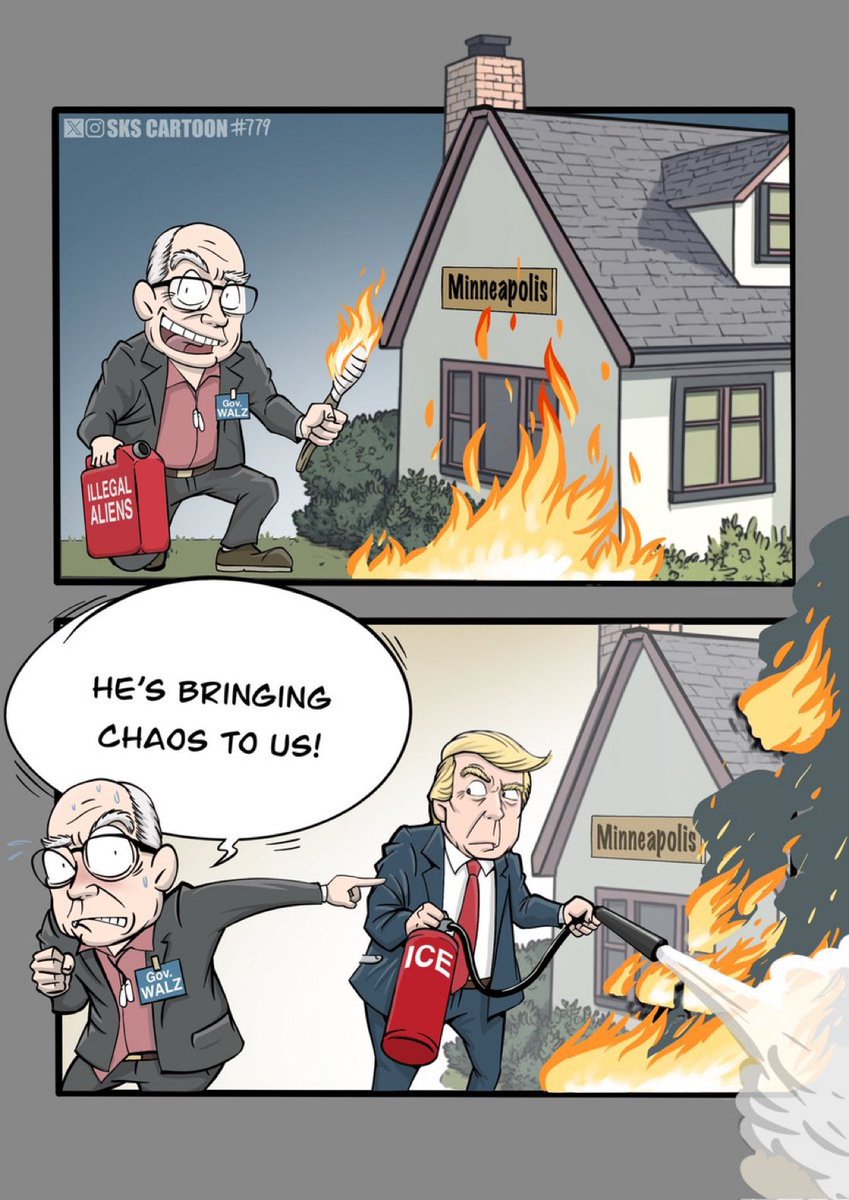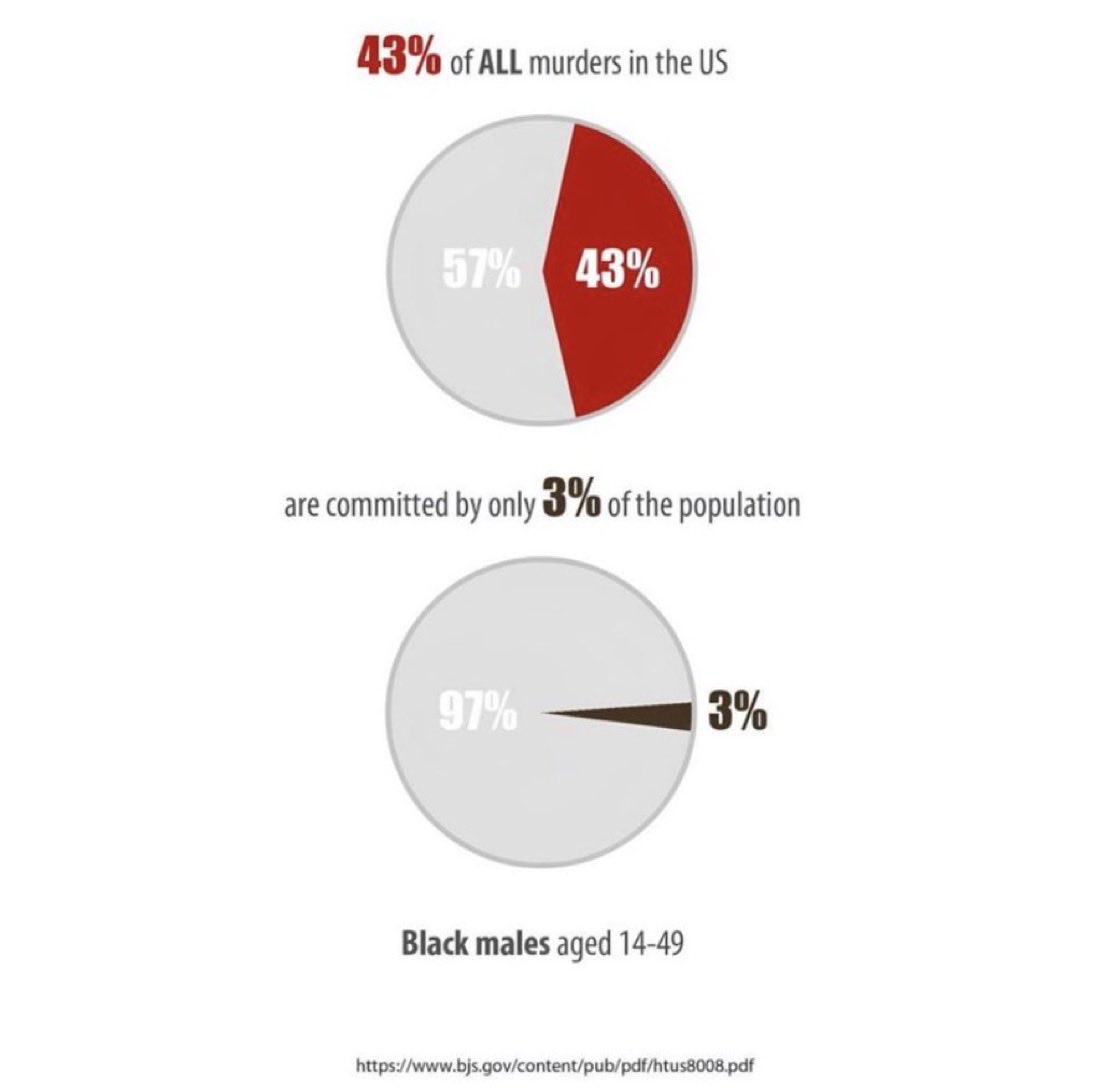No one is above the law is bullshit
Sam Bankman Fried defrauded billions of dollars with millions of customers and he got bail for $250 million from unknown sources
Donald Trump paid a porn actress and getting indicted
Fcuk the biased leftist law
Sam Bankman Fried defrauded billions of dollars with millions of customers and he got bail for $250 million from unknown sources
Donald Trump paid a porn actress and getting indicted
Fcuk the biased leftist law
Here’s a prev thread on #Politicians and their biased laws with memes
https://twitter.com/deepbluecrypto/status/1638218377679319046
It all seems so planned to the tee, they are pushing #SocialCreditSystem onto the people and the people seem to be oblivious to that fact. 

The number one way to keep our kids safe is having armed police officers at the door…
Every single Democrat voted against my bill to increase security in schools, putting armed guards at schools and also installing bulletproof doors etc.
#IncreaseSchoolSecurity… twitter.com/i/web/status/1…
Every single Democrat voted against my bill to increase security in schools, putting armed guards at schools and also installing bulletproof doors etc.
#IncreaseSchoolSecurity… twitter.com/i/web/status/1…
No #AprilFoolDay as the fools are running this country down to the ground 

#DonaldTrump is not a seasoned politician. He isn’t owned by the #DeepState NeoCons who constantly keep pushing America into needless wars #MilitaryIndustrialComplex
THEY DON’T WANT TO DRAIN THE SWAMP
THEY DON’T WANT TO DRAIN THE SWAMP
TRUTH IS TREASON IN AN EMPIRE OF LIES
https://twitter.com/deepbluecrypto/status/1641153594123534351
The probability of getting fooled on #ElectionDay is much higher than getting fooled on #AprilFoolsDay 

Happy #AprilFoolsDay 

Under Biden everyday is an #AprilFoolsDay 

• • •
Missing some Tweet in this thread? You can try to
force a refresh




















